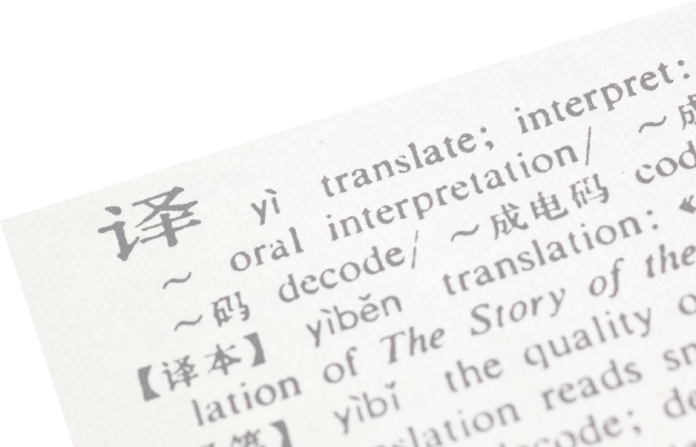A document is backdated when it is given a date that is earlier than the date on which it was prepared or signed. This article considers why people sometimes backdate documents and the legal implications and risks of doing so in common law jurisdictions and in China.
Why do people sometimes backdate documents?
A document may be backdated for a variety of reasons, some of which are innocent and some of which are improper or fraudulent. The former category includes the situation where the parties to a deal reach an oral agreement before a written contract is prepared, and the written contract is backdated to match the date on which the oral agreement was made. The latter category includes situations where a document is backdated to avoid the payment of tax or to claim a tax benefit that would not otherwise be available. For example, an invoice might be backdated to falsify the date on which revenue was received or on which expenses were incurred in order to claim a tax benefit. Alternatively, a letter might be backdated to make it appear that information was provided, or an offer accepted, before the relevant deadline.
Backdating a document for the purpose of misleading or deceiving third parties is clearly improper and often triggers civil or criminal liability. If lawyers are involved in the practice, they may also face disciplinary penalties under their professional conduct rules, such as having their practising certificate revoked. In 2014, a solicitor in the UK had her practising certificate revoked when she backdated a letter to the lawyers for the other side in litigation proceedings to make it appear that she had complied with a court order to submit medical evidence to the other side by a certain date. The Solicitors Disciplinary Tribunal decided that the lawyer had breached the professional duty to act with integrity and to behave in a way that maintains the trust the public places in them.
You must be a
subscribersubscribersubscribersubscriber
to read this content, please
subscribesubscribesubscribesubscribe
today.
For group subscribers, please click here to access.
Interested in group subscription? Please contact us.
你需要登录去解锁本文内容。欢迎注册账号。如果想阅读月刊所有文章,欢迎成为我们的订阅会员成为我们的订阅会员。

Andrew Godwin
A former partner of Linklaters Shanghai, Andrew Godwin teaches law at Melbourne Law School in Australia, where he is an associate director of its Asian Law Centre. Andrew’s new book is a compilation of China Business Law Journal‘s popular Lexicon series, entitled China Lexicon: Defining and translating legal terms. The book is published by Vantage Asia and available at beta2.law.asia.




























